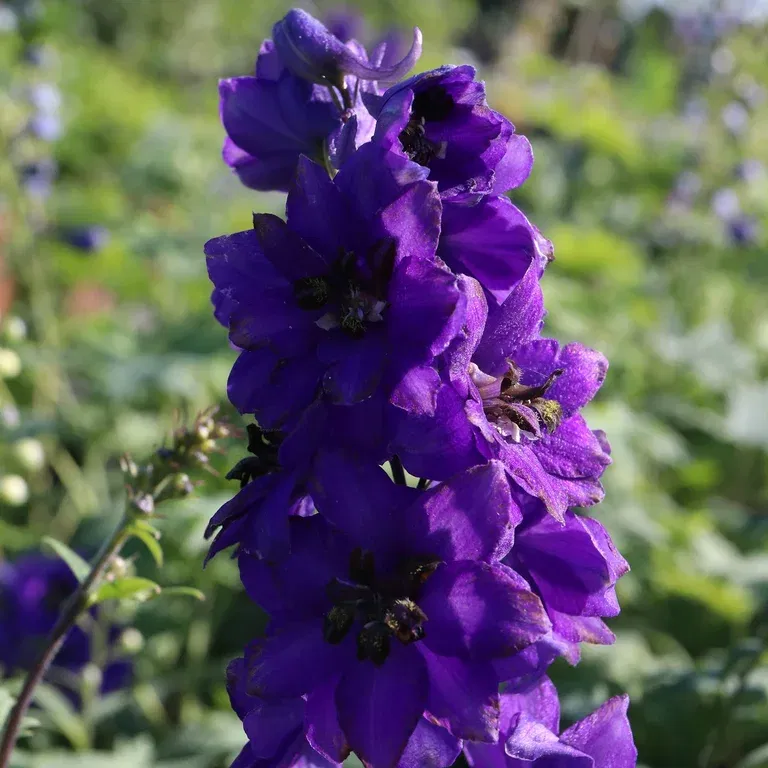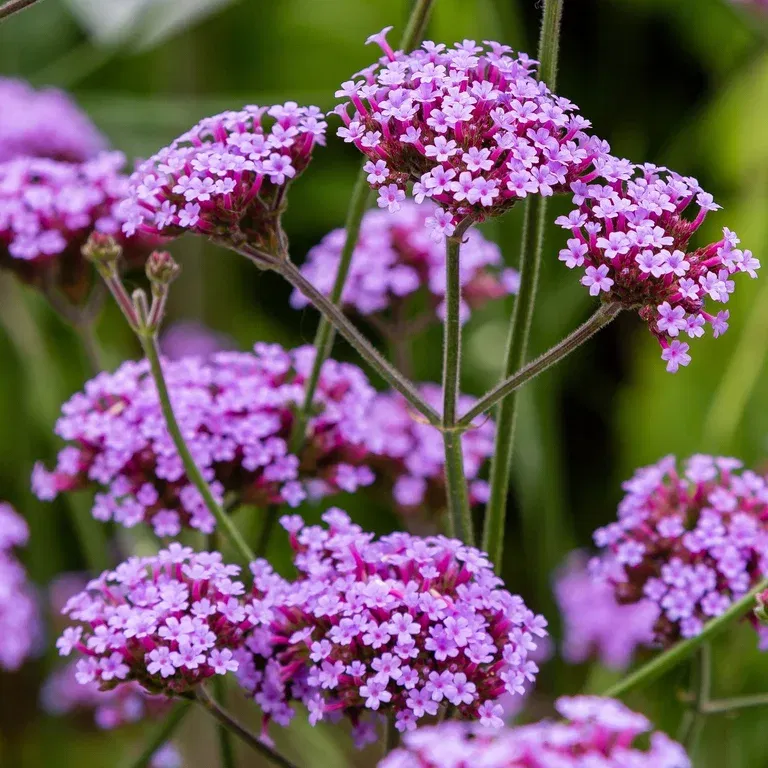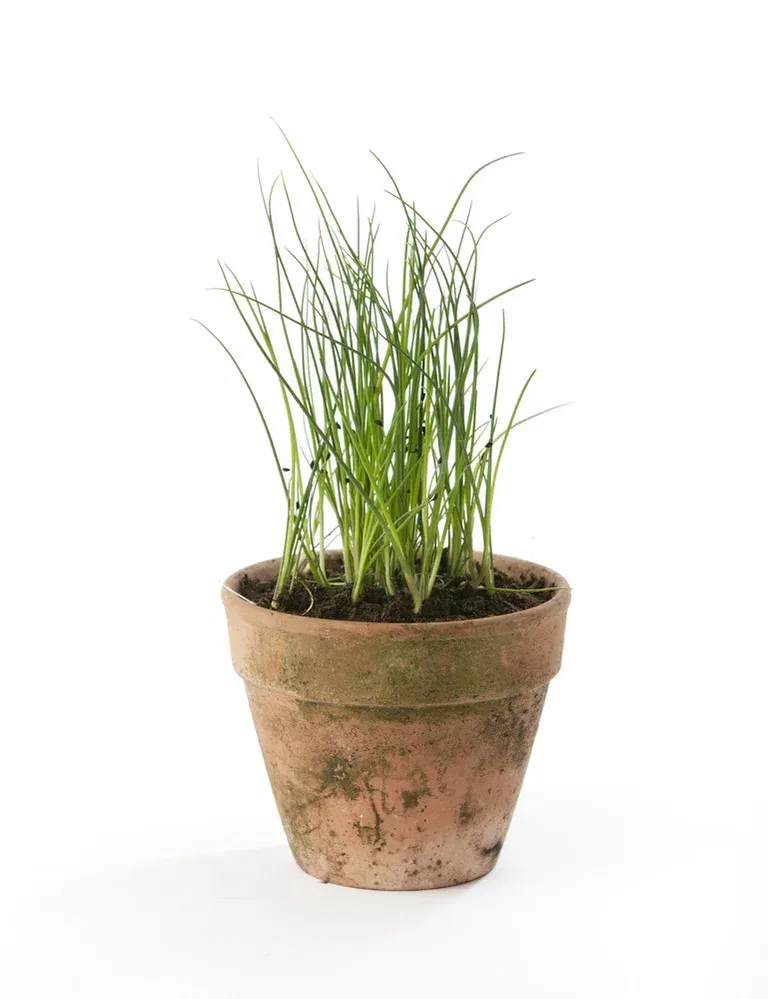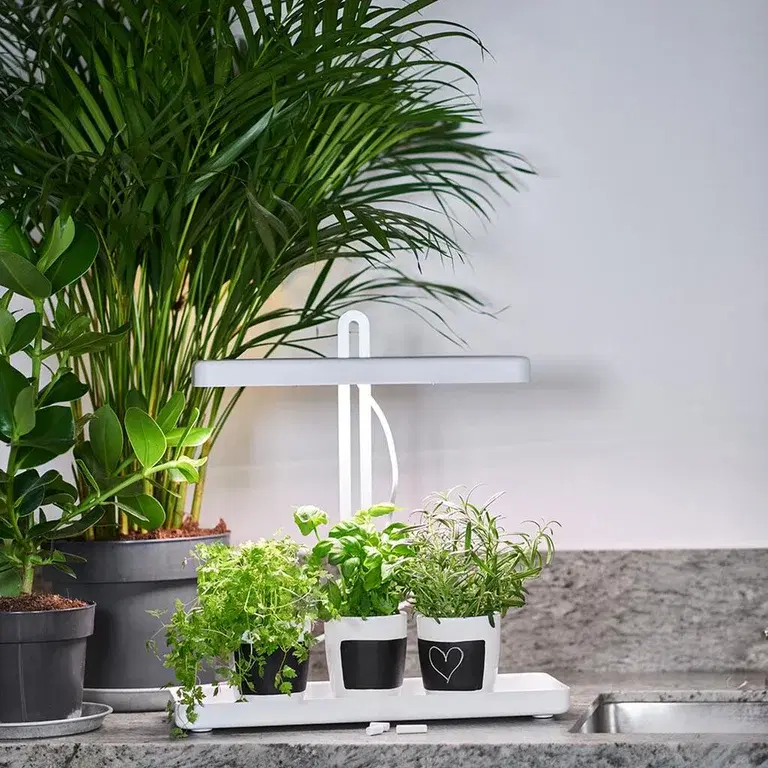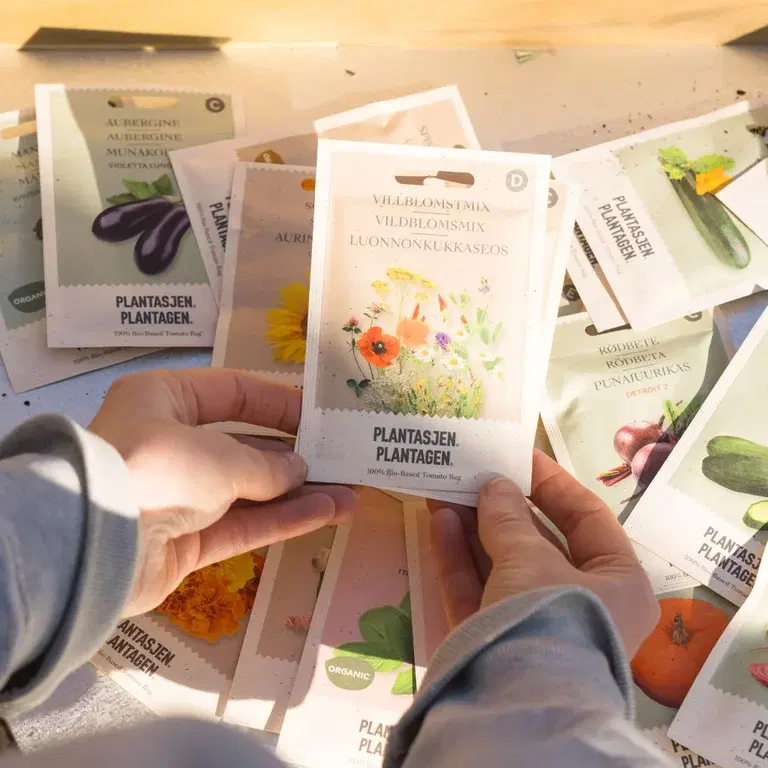Sow in plastic boxes during the winter and get hardy plants for the spring
Grow your own
Winter
Planting vegetables and herbs in the winter in transparent plastic boxes that can be placed outdoors during the coldest season of the year is not only space-saving - it also produces stronger plants that can withstand a frosty night or two. Join the trend and start planting already this winter.


Written by Liselotte Roll
Swedish garden inspirer, journalist and author of books about nature, cultivation and animals, such as "Soil", "Grow for insects" and "Chickens as a hobby".
Topics:
Grow your own
Winter

